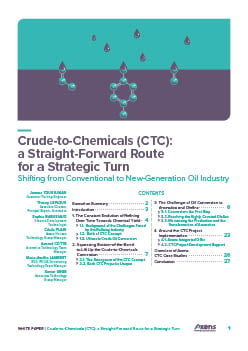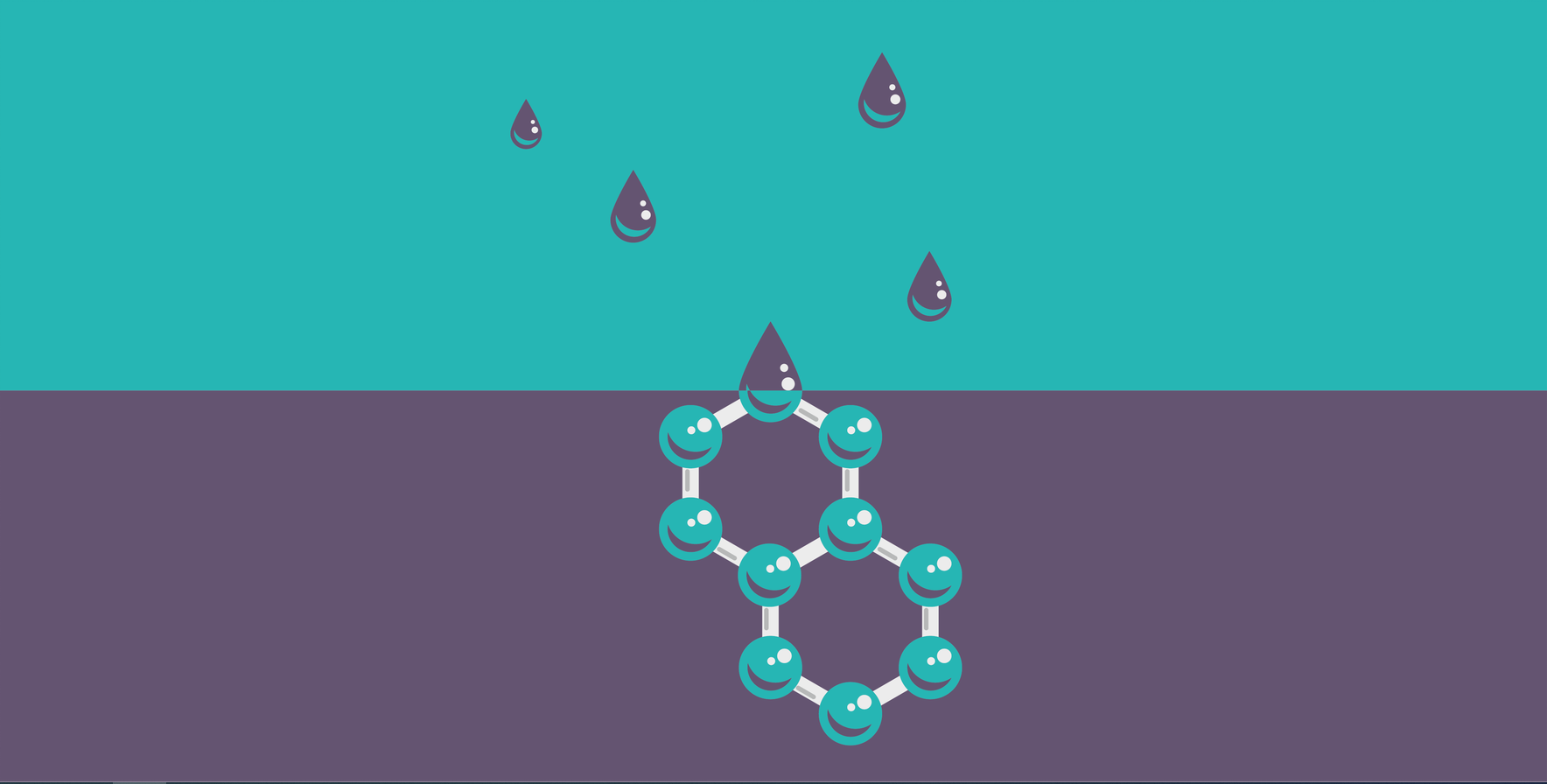
Shifting hydrocarbon demand patterns are driving the need for process flexibility to the expanding chemical value chain, demanding the increased production of highly coveted olefinic and aromatic molecules and dictated by the constant evolution of refining over time towards chemical yield.
Therefore, the margins-capturing opportunities extending deep into the petrochemical value chain begin with pushing forward the conversion of residue streams, within the conversion block, and then completed with the olefins and aromatics blocks – respectively processing light naphtha and heavy naphtha - to form a Crude-to-Chemicals (CTC) complex.
Such a complex implements an ultimate degree of integration between a refinery and a petrochemical plant, thus forming a novel entity fully merged.
The Constant Evolution of Refining Over Time Towards Chemical Yield
Squeezing Bottom-of-the-Barrel to Lift Up the Crude-to-Chemicals Conversion
The Challenge of Oil Conversion to Aromatics and Olefins
Around the CTC Project Implementation
First, the conversion block is oriented according to the key target, centred around either HS-FCC™ or H-Oil® technologies, each one being involved in a specific combination.
Beside FCC technologies, achieving direct propylene production, the steam-cracking is the most widespread route to olefins followed by selective hydrogenations and co-monomers production in view of high value polymers, belonging to the olefins block.
The aromatics block produces aromatics from heavy naphtha and further embeds aromatics extraction, rearrangement and purification processes; it also benefits from synergies with the conversion and olefins blocks thus valorizing aromatics of all streams in line with the CTC concept.

A CTC complex arises through the selection of the best combination of technologies suites and basic engineering further to a multi-criteria analysis, including financial aspects and environmental considerations completing, part of the holistic view, taking into account the specificities and constraints of each project together with the resilience to market fluctuations.
Integrated solutions also embed the entire unit life cycle to support the customer throughout the plant life through technical assistance follow-up and associated high-value-added services, specifically relevant for CTC projects that involve high-performance technologies.